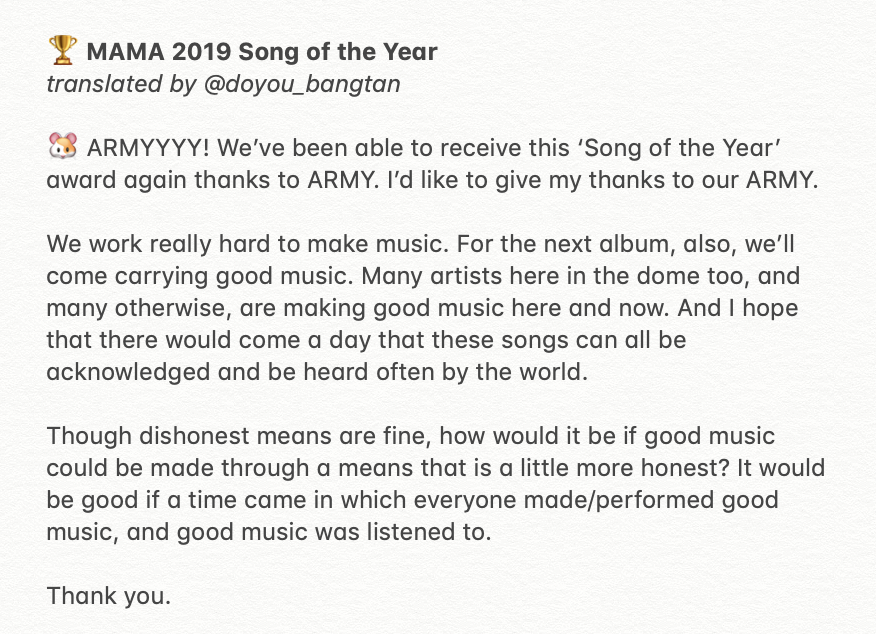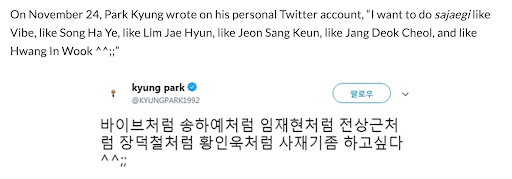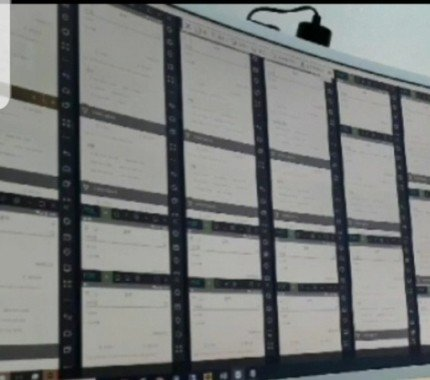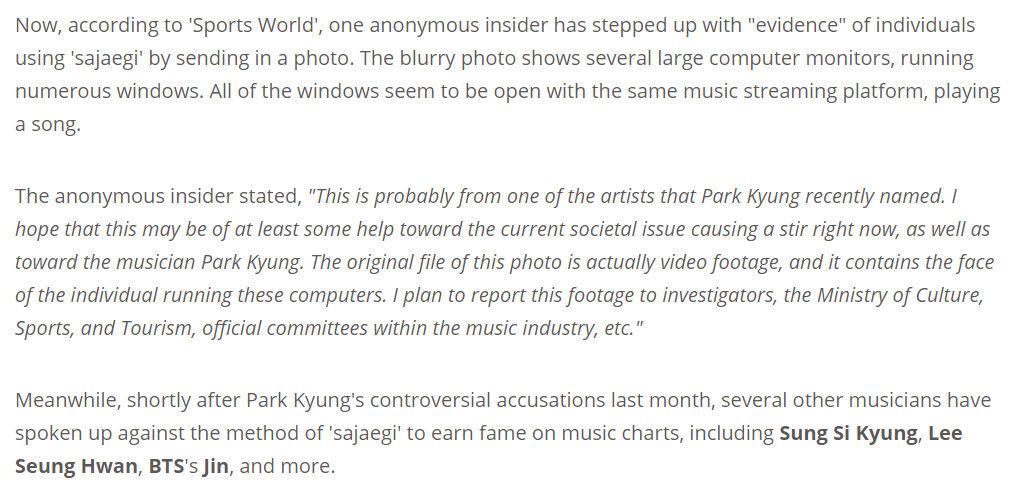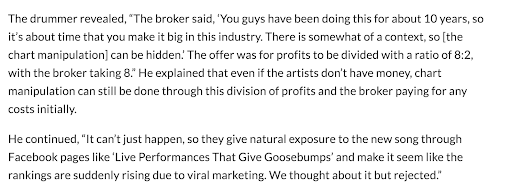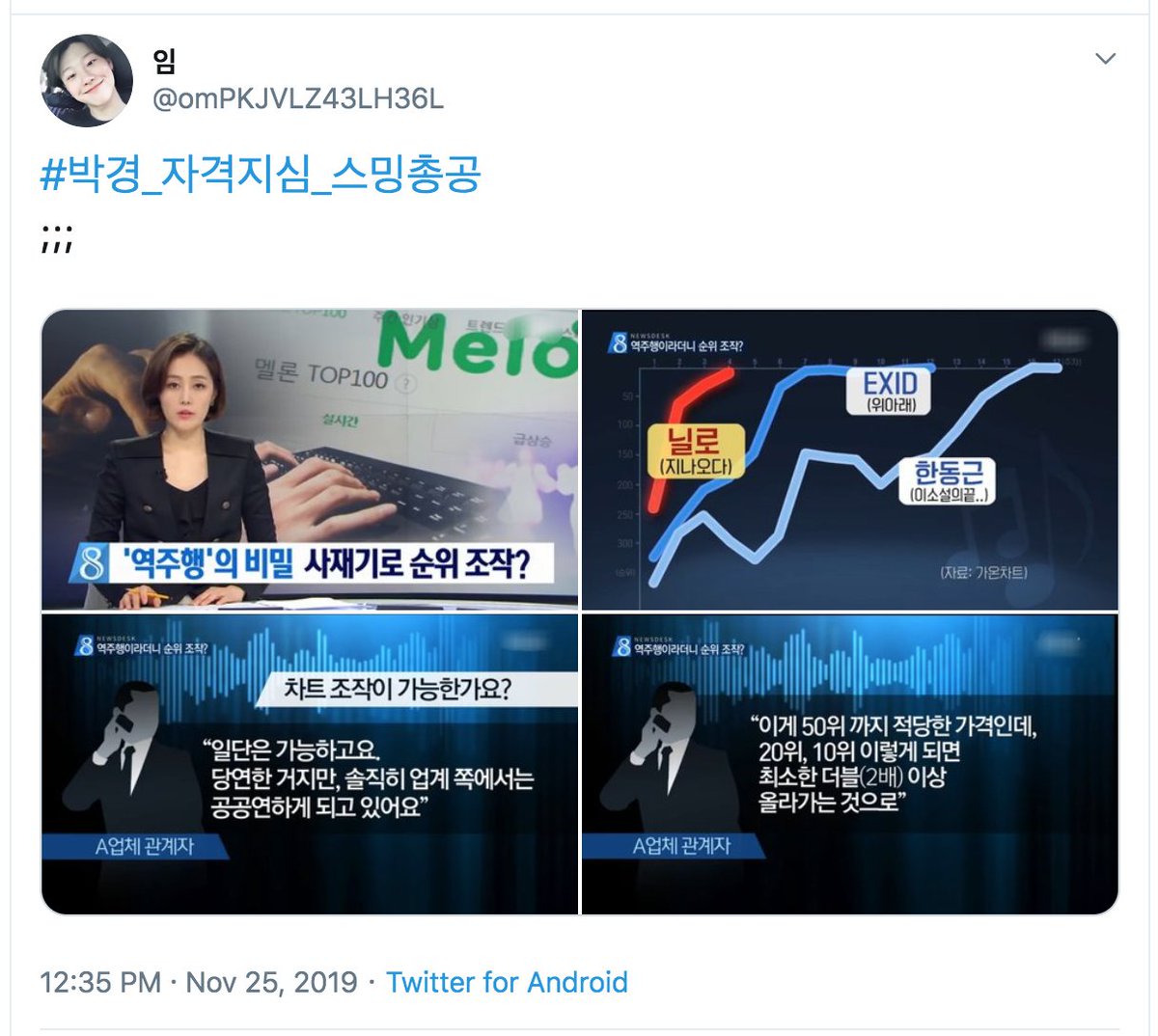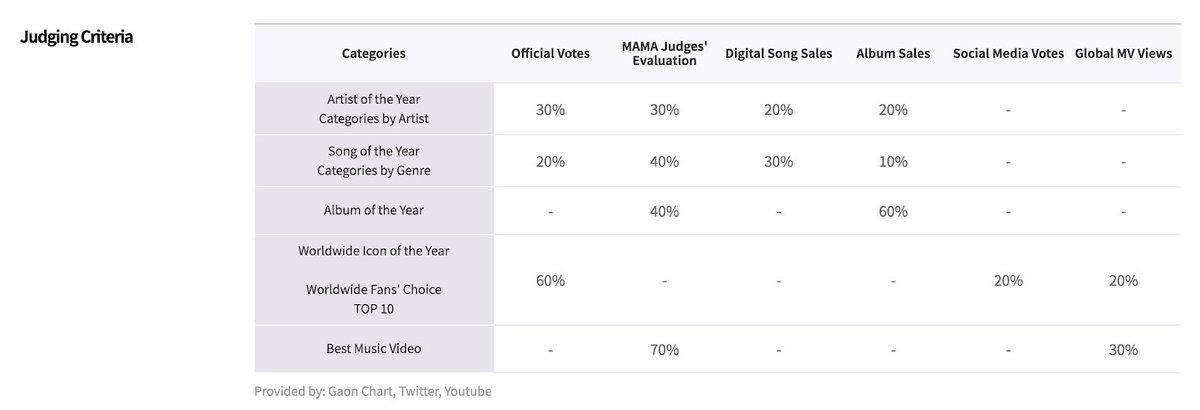what is sajaegi? | a thread by @cristinabridget
at this year’s MAMA ceremony, BTS’ Jin and soloist Heize both said that they hoped the music industry would change for the better in 2020 and that artists would be properly appreciated for their work. https://twitter.com/jendeukiebabo/status/1202230003603099648
though neither artist mentioned the term specifically, many understood them to be calling out sajaegi, a chart manipulation tactic that has been trending in the news in the past few weeks.
first, the word sajaegi (사재기) literally means hoarding or stockpiling, according to papago. it’s been used in the music industry since the early 2010s to refer to companies or hired third parties mass-buying their own group’s albums to boost their chart performance.
it’s not rare for new groups to be suspected of sajaegi when they start doing well – bighit entertainment was accused of it in 2015 when BTS’ first HYYH album outsold veteran group big bang’s concurrent release. (source: koreaboo)
bighit’s assertion that they didn’t have the money to commit such fraud seems to check out – they were still small back then, and buying albums in bulk gets expensive. plus, the HYYH era was legitimately well-received and put BTS on the trajectory that’s brought them thus far.
these tactics, and rumors of them, are not unique to south korea. when rapper Lil Wayne’s album sold close to one million copies in 2011, some accused birdman, the CEO of his record label at the time, of buying copies himself. https://www.rap-up.com/2011/09/07/birdman-denies-buying-lil-waynes-albums-thats-hustling-backwards/
sajaegi has always been hard to prove; with the rise of the streaming/digital music economy, clickbait, and online advertising, a new form of digital sajaegi is now easier to pull off and potentially easier to detect.
in november, block b member park kyung called out multiple korean artists by name for sajaegi in a now-deleted tweet. the agencies of the artists mentioned responded with legal action but park kyung refused to apologize, though he did get a lawyer. (source: soompi)
a few hours ago, an anonymous insider reported some photos showing an apparent sajaegi in process, with numerous windows of computers streaming a song at the same time. (source: allkpop)
a few days later, sultan of the disco drummer kim ganji described on a podcast how a third-party group offered to artificially help his band’s music rise in the charts under the guise of widespread online promotions. (source: soompi)
sajaegi tactics such as hiring people in rural areas to purchase music online with multiple accounts were further discussed on december 3, the day before MAMA, on major korean network SBS. https://www.soompi.com/article/1369333wpp/industry-insiders-talk-about-tactics-used-in-chart-manipulation
initial signs of digital sajaegi are similar to those of physical chart fraud – obscure or small artists suddenly start doing well. with digital data, the exact timing of the increase in sales is more readily available, so unnatural numbers are more obvious. (source: soompi)
in 2018, indie artist nilo (닐로) was accused of sajaegi after an older song of his suddenly beat out more popular artists, but a government investigation could not confirm anything particularly “unusual” about the trend compared to other charting songs.
this brings up the reality that sajaegi is not the only way that the charts can be manipulated, as well as the question of what exactly constitutes manipulation. what of bundling? strategic data mining and advertising? offering a lottery for fansigns?
pitchfork editor jillian mapes pointed out in 2016 that the “rules” of the streaming economy as dictated by media companies may even affect how artists put their albums together, using drake’s 81-minute long “VIEWS” as an example of a record lengthened to their benefit.
much of an artist’s prestige and reputation depends on chart performance, both in streams and sales – often, these numbers are used to help determine who wins at awards ceremonies like MAMA (see picture). people everywhere expect music charts to accurately reflect public opinion.
so what happens when that isn’t the case? like heize and jin mentioned, many artists may never see the fruits of their labor for reasons entirely unrelated to their own skill or talent. listeners are shortchanged too, and negative effects extend to the entire music industry.
when hints of foul play surface, they can be used to antagonize artists and their fanbases, often out of context or without any hard evidence. the integrity of these metrics is already compromised, and that uncertainty is weaponized at an individual’s discretion.
over the years, there have been countless examples of idols and idol groups being accused of sajaegi without a real footing of evidence to substantiate such claims--from the aforementioned BTS incident, to IOI, to even block b themselves. https://www.allkpop.com/article/2017/05/idols-accused-of-sajaegi-chart-manipulation-over-the-years
a recent controversy surrounding kang daniel's comeback win at a music show at points devolved into negativity which surely didn't help the ex-wanna one star as he battles ongoing mental health issues, which recently led him to go on hiatus. https://twitter.com/OH_mes2/status/1202100336564953092?s=20
while fans of the potentially robbed AOA may have a legitimate gripe with the numbers, and may mostly be only targeting the show rather than daniel, the fervent anger over what is essentially a minor accolade shows how the presence of sajaegi can be toxic to k-pop discourse.
the entertainment industry puts the impetus on consumers to determine which artists succeed and fail; in reality, it’s a complicated equation involving money and power. even numbers and data are not guaranteed to be objective.
earlier, we published a thread about focusing on your faves – which includes what their music mean to you, regardless of what the charts say. knowing these systems are broken also means being wise about how you engage with them. https://twitter.com/tybutdisagree/status/1202268887540256768
unfortunately, it’s hard to know what fans can do to create substantial change in a global industry racked with issues. but keeping perspective and focusing on calling out problems with the system and the people in power is a start. from there, we wait and see.

 Read on Twitter
Read on Twitter
